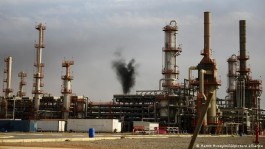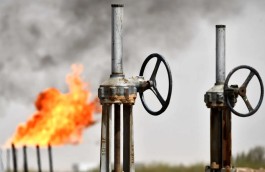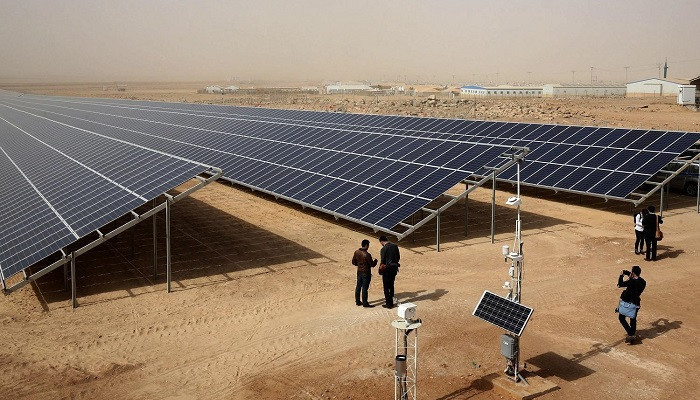Zouati explained that the plan aims to expand renewable energy sources and produce shale oil, thereby reducing dependence on costly foreign fuel imports that burden the local economy and drive it towards self-sufficiency. < / p>
She added that by 2030, 48.5% of electricity generation in the country in the energy sectors strategy 2020-2030 approved by the government and unveiled yesterday, Tuesday, will come from Local energy sources. The ratio is currently only 15%.
Zawati said that the kingdom will gradually reduce dependence on imported natural gas for its power plants by expanding shale oil production, including committing a multi-billion-dollar project this year, along with Capacity to generate electricity from renewable resources associated with the network.
She continued, during the inauguration of the country's energy plan, that Jordan will reduce imported fuel and increase domestic energy sources as part of its endeavor for self-sufficiency.
Jordan currently imports more than 93% of its total energy supplies and weighs an annual bill of 2.5 billion dinars ($ 3.5 billion), which constitutes about 8% of the GDP The kingdom’s total puts pressure on its economy.
Zawati said that the private sector has invested hundreds of millions in renewable projects for solar and wind energy in the past few years will add a total capacity of 2,400 megawatts by the end of this year, adding that the number Expected to rise to 3,200 megawatts in 2030.
She added that supply security is necessary to alleviate the negative repercussions of relying on a single source of energy in an area ravaged by years of turmoil.
She explained that stopping the supply of natural gas from Egypt in the period from 2011 to 2015, which was an artery for gas on which the kingdom depends, forced Jordan to import more expensive fuel to its power plants. , Adding billions of dollars of debt.
The minister said that the state-owned National Petroleum Company is also planning to expand gas exploration in the Risha field near the border with Iraq, as part of efforts to exploit potential reserves. p>











































